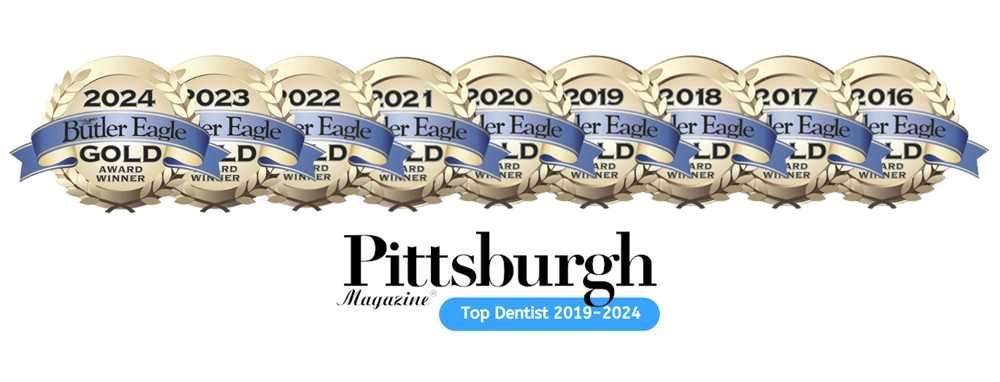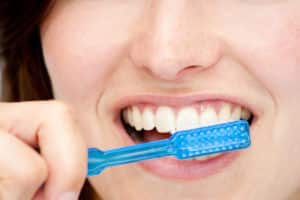The sticky substance known as plaque that coats your teeth and gums is a biofilm produced by the bacteria that live in your mouth. Oral bacteria are largely anaerobic, meaning they thrive without oxygen, and by developing plaque, they can protect themselves against saliva and other defenses. Your toothbrush and floss are your most effective weapons against plaque when used properly (and often). But routine checkups and cleanings are still necessary to effectively remove plaque and its calcified form, tartar. By controlling plaque buildup, you can largely prevent most dental health issues from forming, and improve your chances of preserving your natural, beautiful smile.
The Unseen Inhabitants of Your Mouth
At any given moment, your mouth contains at least 600 identifiable kinds of bacteria. While their presence is inherent, their population can, and should, be controlled daily. Most of your mouth’s microbes are harmless, but a few produce substances that specifically target your teeth and gums. For instance, Streptococcus mutans produce acid after consuming sugars and carbohydrates. The acid depletes your teeth of essential minerals, which they need to maintain the strength of their enamel (the protective layer surrounding and protecting healthy teeth).
The bacterium, Porphyromonas gingivalis, manipulates the immune system’s inflammatory response, causing redness, swelling, and bleeding to occur in the gums. Left unchecked, these bacterial processes can lead to tooth decay and gum disease, and eventually tooth loss, in extreme cases.
How to Fight Back Against Plaque
Brushing and flossing at least twice a day is the most essential part of keeping plaque from overwhelming your teeth, but you only spend a few minutes a day carefully cleaning them at your sink. To help keep plaque at bay throughout the day, try these tips;
- Rinse with water—Saliva is your mouth’s natural defense against bacteria, and is comprised of over 99% water. If you can’t brush your teeth after eating or snacking, try rinsing your mouth with water.
- Refrain from snacking—Don’t feed the bacteria. At least, not so often. The more often oral bacteria eat, the more often they can produce acids and other substances, increasing your risk of acid erosion and tooth decay.
- Chew sugarless gum—Chewing gum can help generate a healthy flow of saliva, though make sure it’s sugarless so that it doesn’t feed the acid-producing process.


